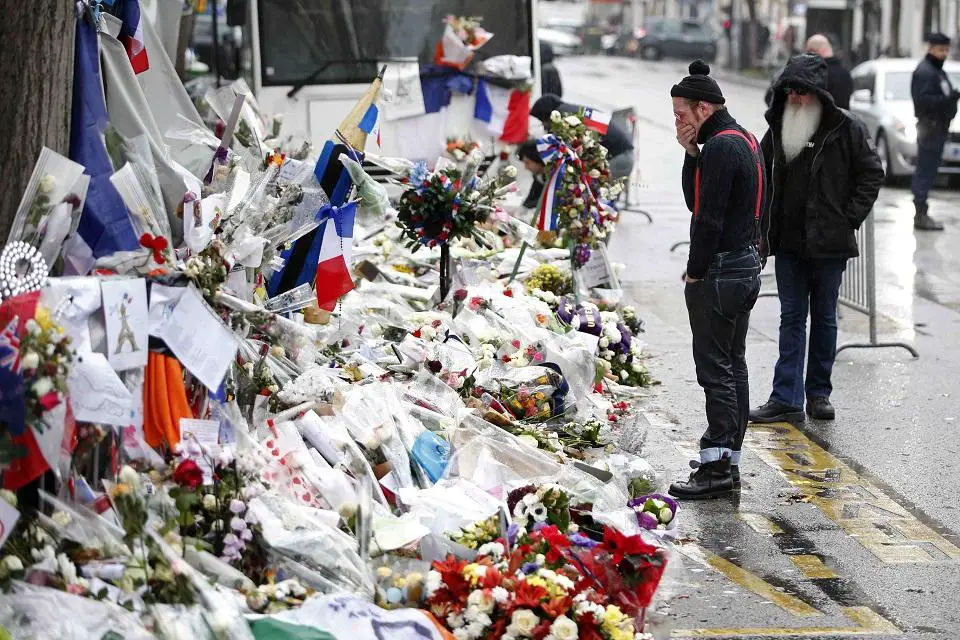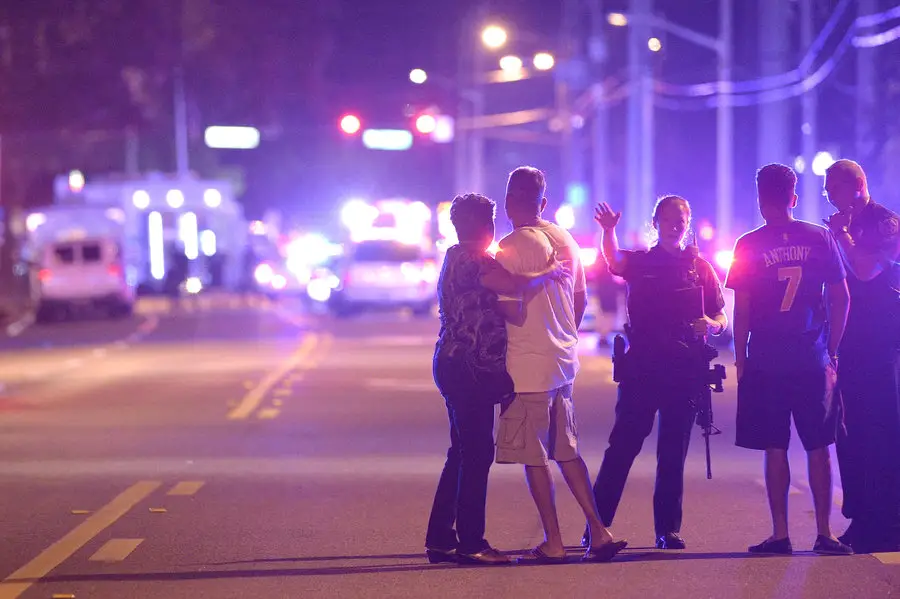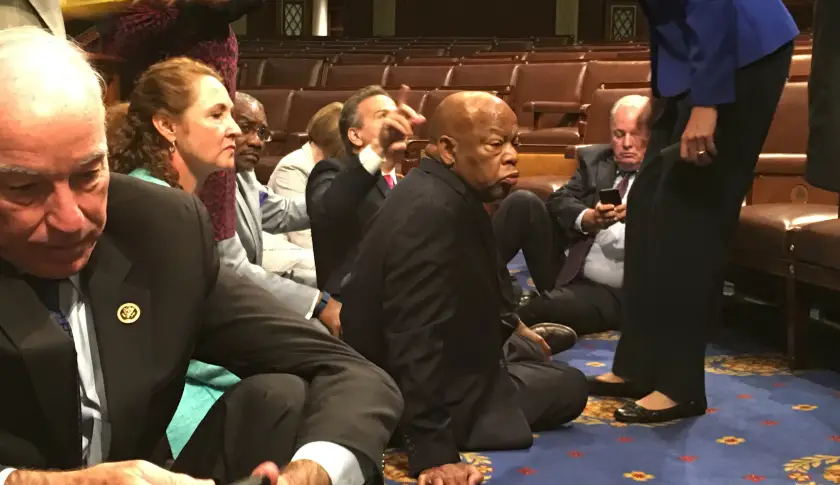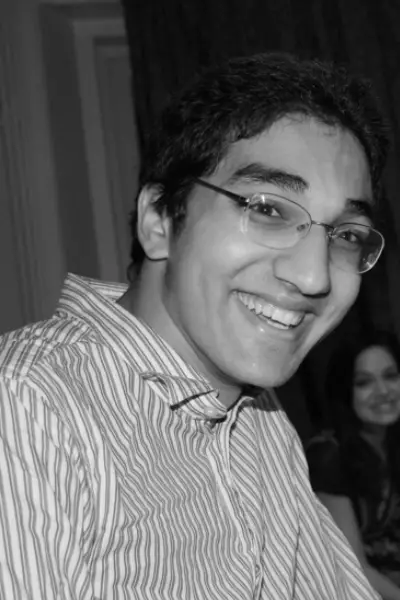The Politics of Tragedy
Though repeated mass murders have calloused the American public, politicizing tragedy without allowing time to grieve is not the answer.
By Yasser Nasser, Oxford University
By now, much has been written about the Orlando attacks last week.
It was a devastating hate crime, purportedly an act of terrorism and also the single deadliest mass shooting in all of US history. The wounds that have been dealt to the LGBT community will take a very long time to heal, and that horrible day will unfortunately live on in infamy.
What makes the entire situation worse, though, is the way our politics have approached the tragedy. Not a day passed before politicians on both sides of the aisle decided to politicize the tragedy, with Democrats calling for gun control measures and Republicans calling for harsher rhetoric against “radical Islam” and stronger military action in the Middle East.
I will be rather upfront here: I definitely believe in much stronger gun control, and I am definitely pretty left as far as my politics go. But that does not prevent me from feeling at least a little disgusted that peoples’ lives have been used as political tools.
Take Trump’s immediate response after the shooting.
His triumphant “told you so” attitude received a decent amount of backlash, and for good reason. But he was not alone in this sort of overly righteous rhetoric. On the Dem side, we saw a group of Democratic lawmakers in the House protesting Paul Ryan’s moment of silence in respect for the victims, whereas the right wing seemed to be out for blood in response to what they classified as the largest terrorist attack on American soil since 9/11.
Look, at the end of the day, it is the purpose of policy makers to do just that: make policy. And policies should be designed to solve certain social ills, of that there is no doubt.
But what gets me is the timing. And it seems to be an almost uniquely American problem as well—it seems like we have tragedies so often that, as Obama has said, we’ve become desensitized to it. People in power have thus stopped letting families grieve and letting wounds heal before they begin their politicking. Now, whenever a tragedy happens, that’s the very first thing they do.
I’ll use a couple of counter-examples from outside the country to make my point as to how bizarre the political reality in the US really is.
In the same week of the Orlando shooting, the UK suffered its first non-Troubles involved political assassination in more than a century with the death of Jo Cox at the hands of a far-right political terrorist. This was in the middle of campaigning surrounding the upcoming referendum on whether or not Britain should exit the European Union, and it is highly speculated that Jo Cox’s support of the EU is what made her a target. Of course, this assassination wasn’t a crime on the scale of what happened in Orlando, but it was still a politically motivated attack that shocked the country.
The response? Both sides of the EU referendum campaign declared a truce for the day, Prime Minister David Cameron and the opposition leader Jeremy Corbyn appeared together in public to honor Jo Cox’s sacrifice and the Conservative Party even pledged to not run in the election to fill Jo’s vacant seat in Parliament. There has been some politicking, but certainly not immediately after the attack.
In France too, after the devastating attacks in the Bataclan in Paris last November, the immediate response to the terrorist attack was not mindless bickering about policy between the government and its opposition, but rather a touching display of national unity.
 There certainly was some element of hysteria to it all, with some commentators crying out about the impending doom of Europe and whatnot, but for the most part that sort of rhetoric was kept to the sidelines until the dust had settled and the nation had some time to grieve.
There certainly was some element of hysteria to it all, with some commentators crying out about the impending doom of Europe and whatnot, but for the most part that sort of rhetoric was kept to the sidelines until the dust had settled and the nation had some time to grieve.
I’ve suggested above that the difference in the United States is the frequency of these sort of tragedies and the effect that has had on our collective consciousness. Without going on a soap-box rant on gun control, it is certainly true that we have more of these mass killings than any other developed nation in the world. But there isn’t really a single policy or even a single set of policies that could magically fix all of our problems or cease the violence that we’ve become accustomed to. In many ways, these problems are fundamentally American, and it will take time to take the steps we need in order to really address the roots of these issues.
But even leaving aside the frequency of the problem, I suspect that what really pressures our politicians to come out with such divisive political statements in the immediate aftermath of a tragedy is the sheer ultra-partisan nature of modern American politics.
Some have speculated that this has to do with the way parties have changed over the last few decades, with primaries often being fueled by hyper-partisan voters that, in turn, force the political environment to be one where zero-sum games are the norm, and compromise is decried as straying from one’s principles. There have also been studies that tie our growing partisanship both in Washington and throughout the country to rising levels of inequality, which in turn has led to a general dissatisfaction with the status quo.
Regardless of the roots of the problem, I do not think that the voters are the problem—the way politicians have reacted is.
Even after something as horrifying as Sandy Hook, the political point-scoring was absolutely disgusting and, at least for me, solidified the idea that our political establishment is unwilling to come together to help the nation heal.
What can we do, then?
Well, at the end of the day people of different political backgrounds and beliefs will always disagree with each other, and that is something that will always, I think, help our democracy grow and mature. And it is also important to take a critical look at why we have so many mass-shootings in America and why there is such hateful rhetoric towards the LGBT community and other minorities.
But there’s a time and a place for partisan bickering, and it is important to keep our sense of perspective: there is no easy remedy to the tremendous challenges our nation faces. The “other side” is not always the sole obstacle to fixing what may seem like a simple problem. And, most importantly, we’re all on the same side, so when something like the Orlando shooting happens, we should all grieve in unison and leave the politicking for later.










